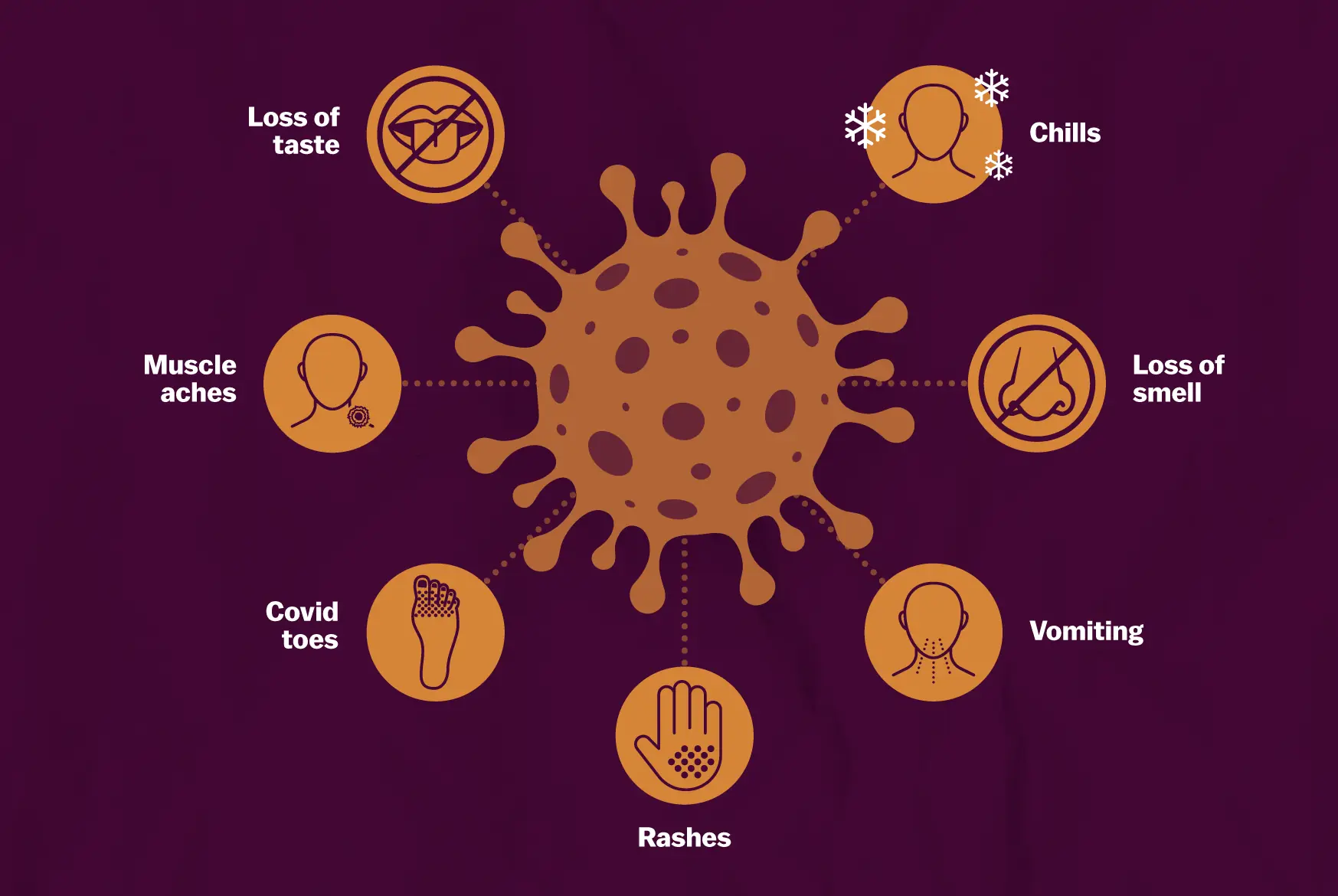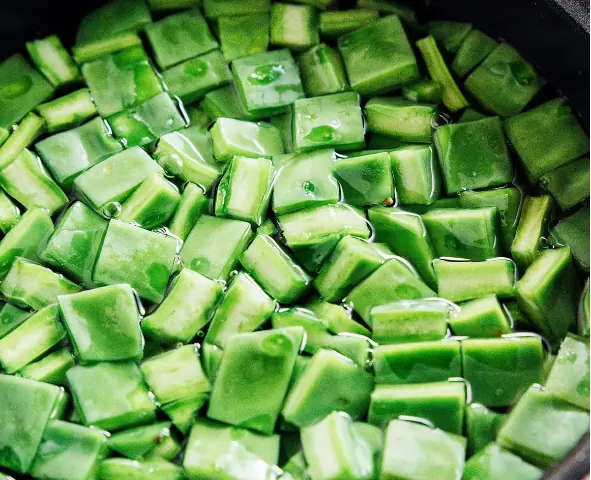
Water and Tea: Which is better?

Tea and water are two of the most commonly consumed beverages worldwide, but the debate over which offers greater health benefits continues to intrigue many.
1. Benefits of Drinking Tea
A comprehensive study conducted in China and published in the journal Nature followed over 370,000 participants for nine years. The findings revealed that individuals who regularly drank tea had a 16% reduced risk of developing dementia compared to those who did not drink tea. The research suggested that consuming about three cups of tea daily (one cup being roughly 250 ml) was optimal.
Similarly, a study from the University of Milan, published in the British Journal of Cancer, examined the correlation between tea consumption and stomach cancer. It found that regular tea drinkers were less likely to develop stomach cancer than those who rarely consumed tea.
Further research, including a 2020 report in Advances in Nutrition, demonstrated tea’s potential in lowering the risk of various cancers such as stomach, colorectal, biliary, liver, and particularly oral cancers. Additionally, the American Journal of Clinical Nutrition reported that among over half a million adults, regular tea drinkers experienced an 8% decrease in diabetes risk. For diabetic patients, green tea intake was associated with reduced mortality rates from all causes.
2. Benefits of Drinking Water
On the other hand, a study by the U.S. National Institutes of Health (NIH) published in eBioMedicine highlighted the importance of adequate water intake in slowing aging and reducing chronic disease risk, thereby potentially extending lifespan.
Tracking 11,255 adults aged 40-50 over 30 years, researchers observed that participants with higher blood sodium levels—indicating insufficient hydration—appeared biologically older by about 50% and faced a 64% greater risk of chronic illnesses such as heart failure, stroke, diabetes, dementia, and others compared to those with normal sodium levels.
Another large-scale, 25-year study by the U.S. National Heart, Lung, and Blood Institute (NHLBI) reinforced these findings, showing that adults who consistently consumed enough water tended to be healthier, had fewer chronic diseases, and enjoyed longer lifespans than those who did not.
Tea vs. Water: Which Is Better?
Both tea and water provide significant health advantages. However, many health professionals advocate for water as the superior choice because it contains no caffeine, sugars, or additives.
Water not only replenishes bodily fluids but also delivers essential minerals such as calcium and magnesium into the bloodstream, aiding nutrient absorption, strengthening the heart and bones, and boosting cellular metabolism—all vital for overall organ function.
For tea drinkers, it’s advisable to maintain adequate water intake alongside tea consumption. While tea offers antioxidants and other benefits, excessive intake can lead to unwanted effects due to caffeine’s diuretic properties, potentially causing dehydration. Moreover, tea’s polyphenols can hinder iron absorption. Thus, balancing both tea and water consumption is key to maintaining optimal health.
News in the same category


Leaving These 5 Things in Your Bedroom Will Make You “Regret It” in the Middle of the Night!

Three Common Fruits Contain “Toxins” You Need to Be Especially Careful About When Eating

Man Dies After Days of Diarrhea—Doctor Issues Urgent Warning About 3 Common Leftovers

The Collagen-Boosting Power of a Humble Green: Nature’s Secret to Glowing Skin

3 types of breakfast that you should not eat even if you are fasting, many people still eat them every day without knowing

Should You Turn Clothes Inside Out Before Drying? Laundry Experts Explain!

The “Ginseng of the Water”: A Nutrient-Rich Fish That’s Shockingly Affordable

What is strange?

Pay attention to these signs of your husband

You should consider carefully

It was really a wise decision

A Rustic Delicacy That Grows Underground: Looks Rough but Tastes Amazing

Are You Chewing Shrimp Shells for Calcium? The Truth May Surprise You

A Dirt-Cheap Vegetable Many Have Eaten Without Knowing — Great for Cooling the Body, Boosting Blood Health, and Beautifying the Skin

Eat These 3 Red Foods at the Start of Summer to Stay Healthy All Year — Do You Know What They Are?

5 drinks to avoid before bed

5 Common Mistakes When Eating Shrimp That Destroy Its Nutritional Value — Especially the Second One, Which Can Be Harmful if Eaten Often

What the ancients said was not wrong!
News Post

Covid-19 outbreak returns, “3 most obvious symptoms” recorded

A 6-Year-Old Boy with Terminal Kidney Cancer — His Father Regrets After Doctors Reveal the Cause Comes from a Popular Drink

2 cooking mistakes that "lead" to all kinds of cancer: Almost everyone makes them at least once in their life

4 things you SHOULD NOT put in the refrigerator: The longer you leave them, the more they will spoil, completely counterproductive!

Leaving These 5 Things in Your Bedroom Will Make You “Regret It” in the Middle of the Night!

Beware of asymptomatic tumors

Three Common Fruits Contain “Toxins” You Need to Be Especially Careful About When Eating

This wild vegetable "pumps" natural retinol, and is also super rich in vitamin C. Eat it regularly to keep your skin plump with collagen

Vietnam has a type of wild vegetable that Americans consider a gourmet food: Lowers blood fat, protects the liver

Man Dies After Days of Diarrhea—Doctor Issues Urgent Warning About 3 Common Leftovers

These 7 vegetables turn out to be super "oil absorbers", be careful because the more you eat, the fatter you get

The Collagen-Boosting Power of a Humble Green: Nature’s Secret to Glowing Skin

Man dies after having diarrhea for days, doctor points to refrigerator and shakes head: 3 "expensive" dishes that can't be finished must be thrown away

3 types of breakfast that you should not eat even if you are fasting, many people still eat them every day without knowing

Ignoring tumor treatment, woman completely paralyzed, many body parts deformed

The Fastest Method to Propagate Sansevieria: From One Plant to Many

How to Grow Big Gourmet Garlic!

The Night Before Christmas: A Morality
